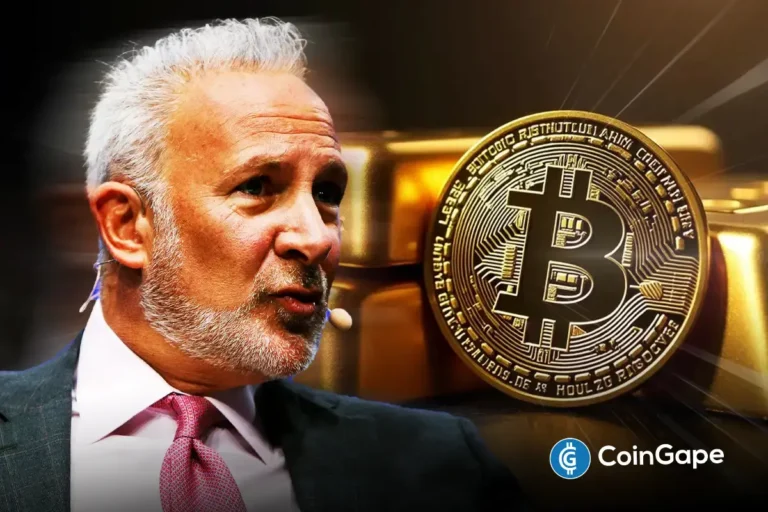GameStop Adds Bitcoin to Treasury Reserve Asset
Embracing the Future of Finance
In a bold move that could have far-reaching implications for the finance industry, GameStop (GME) has officially joined the ranks of publicly traded companies adopting Bitcoin as part of their treasury reserve assets. This decision was revealed in the company’s fourth-quarter earnings report, where it was announced that the board of directors had unanimously approved the move.
The Rise of Bitcoin
Bitcoin, a digital cryptocurrency that operates independently of any central authority or government, has been gaining traction as a viable alternative asset for companies looking to diversify their holdings. With its decentralized nature and limited supply, Bitcoin has been viewed by many as a hedge against inflation and a store of value in uncertain economic times.
GameStop’s Strategic Decision
By adding Bitcoin to its balance sheet, GameStop is signaling its confidence in the long-term potential of the cryptocurrency. This move could also set a precedent for other companies in the retail sector to follow suit, further legitimizing Bitcoin as a mainstream investment option.
Impact on Individuals
For individual investors, GameStop’s adoption of Bitcoin could provide a new opportunity to indirectly invest in the cryptocurrency through the company’s stock. This could lead to increased interest in GameStop’s shares as investors seek exposure to the growing crypto market.
Global Implications
On a global scale, GameStop’s decision to add Bitcoin to its balance sheet could be seen as a vote of confidence in the future of digital currencies. This could encourage other companies across different industries and countries to consider diversifying their treasury reserves with Bitcoin, reshaping the landscape of corporate finance.
Conclusion
GameStop’s move to adopt Bitcoin as a treasury reserve asset marks a significant milestone in the mainstream acceptance of digital currencies. This decision not only reflects the company’s forward-thinking approach to finance but also has the potential to influence the way businesses and individuals view and interact with cryptocurrencies in the future.






